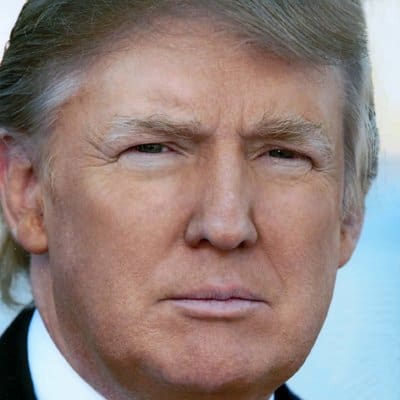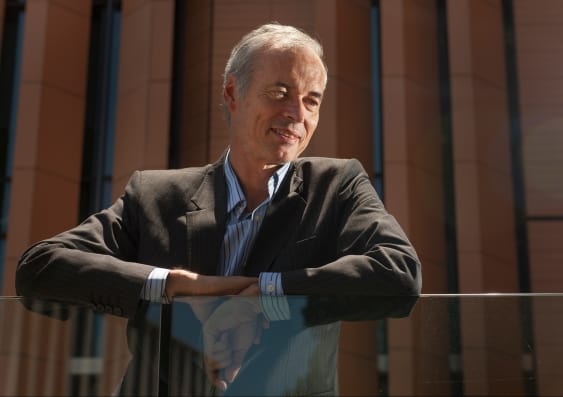President Donald Trump has imposed a solar tariff – on solar panel imports, which is expected to have myriad repercussions for local manufacturers and their ability to compete against competitors in China and South Korea. Will this have an impact on solar panel technology, and what will it mean for local manufacturers?
Trump’s Solar Tariff – What Now?
An ostensible slap in the face to the renewable energy, Trump’s idea of raising import tariffs by up to 30% may have a few benefits, at least for USA based companies.

First Solar Inc., USA based panel maker saw their shares jump by almost 10% in after-hours trading. Shares of U.S. home appliance manufacturer Whirlpool jumped also 5 percent on Tuesday on the back of the news, as washing machines have also seen a tariff imposed on them.
According to Time magazine, however, the move will stifle a $28 billion industry not only overseas, but the raised costs of solar panels will also harm the American solar industry. The Solar Energy Industries Association has projected tens of thousands of job losses in a sector that currently employs 260,000 people, America wide. These tariffs are on the back of Trump’s administration pulling out of the international Paris climate agreement, and rolling back regulations on power plant emissions.
According to a statement made by President Trump on Monday, the first 2.5 gigawatts of imported solar cells will be exempt from the tariffs. Four years of tariffs will then start at 30 percent in the first year and gradually drop to 15 percent.
“Developers may have to walk away from their projects,” Hugh Bromley, a New York-based analyst at Bloomberg New Energy Finance, said in an interview before Trump’s decision. “Some rooftop solar companies may have to pull out” of some states.
CNBC reported that Credit Suisse analyst Susan Maklari told her clients that Trump’s decision wasn’t all that surprising.
“All those producing in the US will now face a similar cost structure, creating a more level playing field,” wrote Maklari. “Based on filings by LG and Samsung, they have a combined roughly 33 percent share in the U.S. suggesting 3 million washers are brought in annually. That said, both have commenced construction of U.S.-based capacity, which is expected to come on line over the next 12-18 months. As such, we expect this decision to become less impactful in time.”
Only time will tell what impact this has on the renewable energy industry as a whole, but these sort of protectionist regulations are rarely a step in the right direction. Watch this space…


